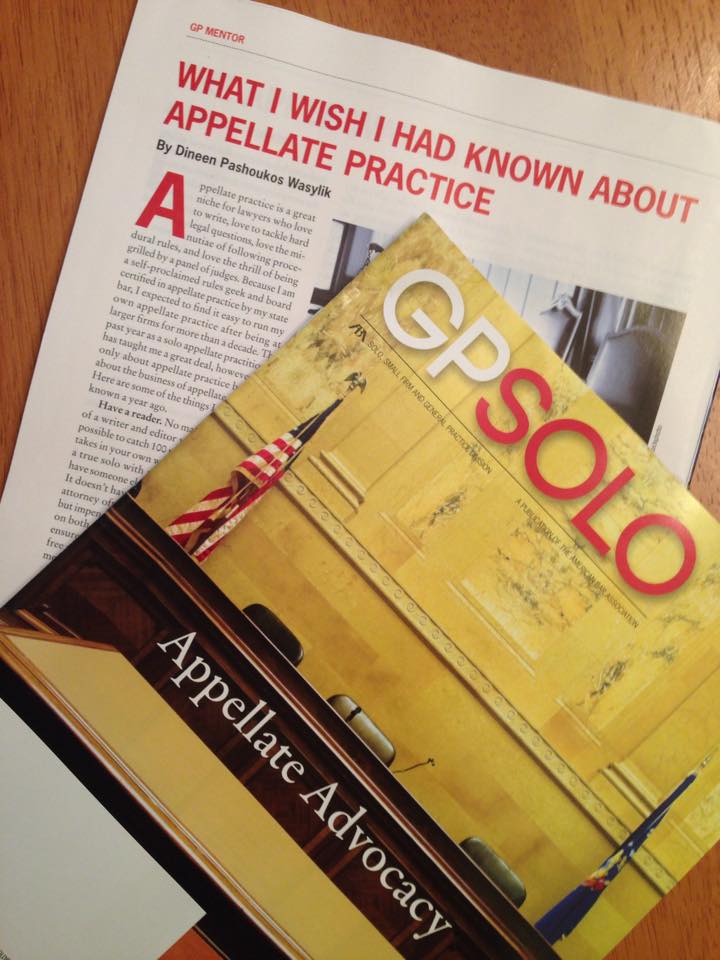Wield Online Review Responsibly to Avoid Libel

How many stars you have for an online review can make or break a company’s reputation. Use those stars wisely!
Photo Source: NYPL
Let’s start with the definition of libel. The Court explained:
“[A]n action for libel will lie for a ‘false and unprivileged publication by letter, or otherwise, which exposes a person to distrust, hatred, contempt, ridicule or obloquy or which causes such person to be avoided, or which has a tendency to injure such person in [their] office, occupation, business or employment.’”
And while statements of pure opinion are not actionable, “there is no constitutional value in false statements of fact,” and so false statements of fact are actionable.
So let’s start with publication. Writing an online review may not be by letter, but it’s certainly otherwise publication. And this case makes very clear that online publication is fair game for a libel case, even without explicitly making any sort of holding on that issue.
The disgruntled clients had argued that their statements were protected opinions, but the Court held that the reviews contained actionable false statements of fact. For example, the reviews stated that the lawyer had charged a greater hourly rate than was set out in the contract. The court found this to a be factual statements, not opinion, and a false one at that.
The disgruntled clients had also argued that the First Amendment protected them from a claim of libel per se, but the Court rejected this argument as well. What is libel per se? The practical answer is that libel per se is libel for which you are not required to show actual damages, yet can still recover punitive damages. (Translation: You don’t have to prove the reputation damage cost you money because the damage is presumed, and you can ask the jury to punish the other side even without proving in detail how you were harmed). But substantively, libel is considered per se when, “considered alone without innuendo: (1) it charges that a person has committed an infamous crime; (2) it charges a person with having an infectious disease; (3) it tends to subject one to hatred, distrust, ridicule, contempt, or disgrace; or (4) it tends to injure one in his trade or profession.” Opinion at 4 (emphasis added).
The quintessential example of libel per se used in law school is publishing that someone is a pedophile when the person is not. In the online review context, though, if the information tends to injure the person in his or her trade or profession, then the defamation is per se and the plaintiff need not prove actual damages to have access to punitive damages under Florida law. And stating that a lawyer charged more than the contracted rate would tend to injure the lawyer in her trade. The Court considered the defendants’ First Amendment challenge to the application of the libel per se doctrine, and held that because the defendants were individuals and not a media defendant, the courts could presume damage and malice and apply the libel per se standard — making it significantly easier for the plaintiff here to win and keep that $350,000 punitive damages verdict.
So what is the take home message for business owners and business reviewers? Online reviews can be a wonderful tool, but “entitled to your opinion” is not a free license to make things up to besmirch a businesses’ reputation. Keep it factual. Don’t exaggerate. And recognize that feelings and opinions are not legally the same thing.
The case is Balke v Giustibellli, No. 4D14-3231 (Fla. 4th DCA Jan. 6, 2016) [.pdf].




